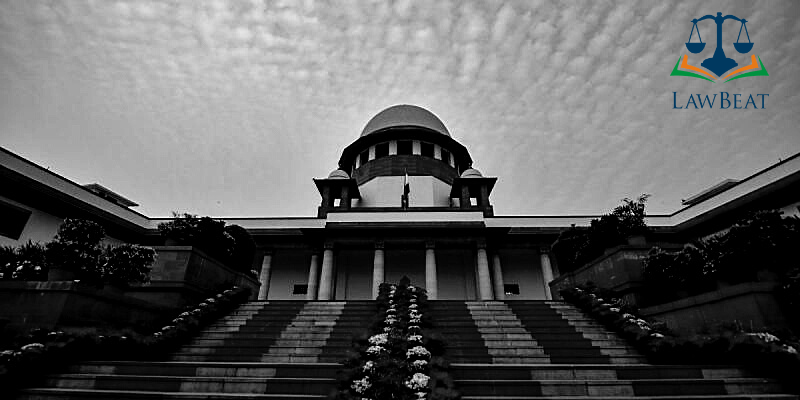“Plight of common person prime”: Supreme Court reserves judgment in plea seeking ex gratia compensation to covid affected families

Supreme Court today concluded hearing in the plea seeking Ex Gratia Assistance of Rs 4 lac to persons who have lost their family member/s to COVID 19, in accordance with provisions of the NDMA, 2005.
A Division bench of Justice Ashok Bhushan and Justice MR Shah, while reserving judgment in the matter, asked the Centre to simplify guidelines on issuance of death certificates;
“For example if in a family both parents die due to Covid and you have rolled out a scheme for orphans but they have a wrong certificate, where reason is not Covid, how do you ensure that the benefits reach them? You will have to simplify the guidelines. We will have to consider the plight of most common person.”
On the contention of the petitioners that the earlier notification dated April 2015 must be extended for the present situation as well, Court said,
“Number of affected persons vary. If the gravity is different you cannot insist that the same parameters which were made applicable in the case of a smaller pandemic or calamity be applicable to a bigger pandemic as well”
Submissions were made by Senior Counsel SB Upadhyay, Advocate Gaurav Bansal for the Petitioners
Advocate Sumeer Sodhi for the Interveners, and, SGI Mr. Mehta appeared for the Union.
It was the contention of the petitioners that financial affordability or constraints cannot fall in the way of a statute/provision, made for alleviating the poor.
Objections were raised against the argument of the Centre that the word “Shall” occurring under Section 12, NDMA be read as “May”.
Executive cannot back out from its statutory duty of enacting a scheme as per Section 12(3) of the aforementioned Act, was the primary argument of Senior Counsel appearing for the petitioners.
It was added by Adv. Bansal that healthcare insurance by the Government fails to acknowledge the work roles and exposure of police personnel, people working at the crematoriums. Hence, this may also be considered by way of amending the present guidelines.
Referring Sections 2(m), 2(i), 19, 46, 48, NDMA, 2005 and Articles 280 and 281 of the Constitution, Learned Solicitor General submitted that the priorities of the Government are different than just one time relief sought by the petitioners. It was specified that Mitigation, Preparedness and Response are the major areas of focus and the allocation of funds have been made accordingly. Therefore if the prayer of the petitioners were allowed, the entire scheme of recommendations by the Finance Commission, upon which various guidelines have been made, will have to be rebuilt.
“It is not the case of the Government that we do not have money. Our case is that our priorities are different. We would rather utilize the money for other things like health infrastructure, Vaccination, etc…
Expenditure is also a part of Disaster Management. When we run special trains, when we serve food as a part of food safety, amount spent for Oxygen procurement and allocation all comes in mitigation and management… We have prioritized it more on this than on one time relief”, submitted the Learned SGI
Section 12 Guidelines for minimum standards of relief: The National Authority shall recommend guidelines for the minimum standards of relief to be provided to persons affected by disaster, which shall include:
- The minimum requirements to be provided in the relief camps in relation to shelter, food, drinking water, medical cover and sanitation;
- The special provisions to be made for widows and orphans;
- Ex gratia assistance on account of loss of life as also assistance on account of damage to houses and for restoration of means of livelihood;
- Such other relief as may be necessary.
Also Read: Plea in Supreme Court seeks “Ex Gratia Assistance” to all the families whose member died in Pandemic
Case Title: Gaurav Kumar Bansal v. UOI connected Reepak Kansal v. UOI
